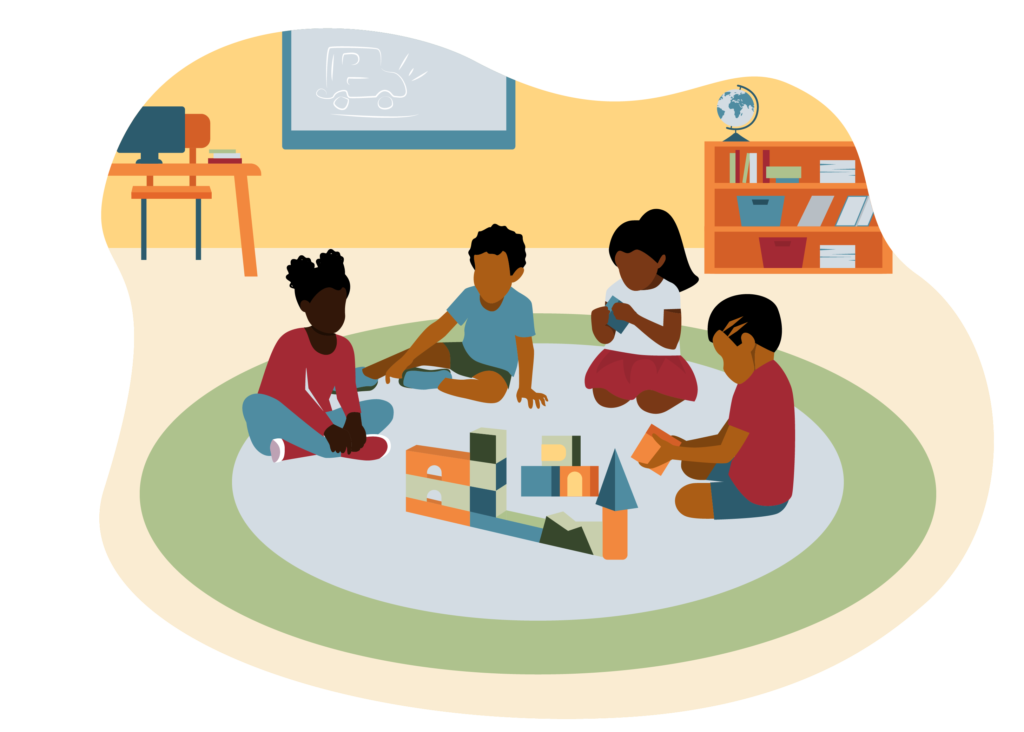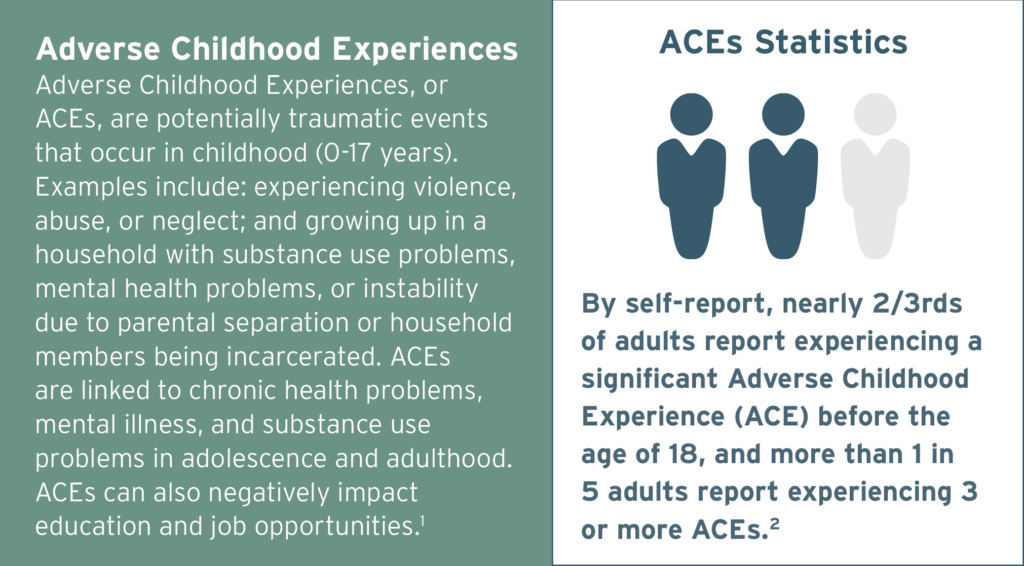What We Do

The North Carolina Center for Resilience and Learning is a whole school, whole child framework working with districts and schools across the state to create trauma-informed learning environments that are safer and more supportive for ALL students. The Center aims to build understanding and awareness about trauma, stress, and their potential impacts while also helping schools focus on resilience, support, and safety for their staff and students.
To do this, our model provides two core components:
- Professional development for educators on trauma and its potential impact on student learning as well as school-based strategies for building wellness and resilience for staff and students.
- Ongoing coaching and technical assistance for a core team within a school to support moving past training and awareness and into action. Our coaches help schools to create and implement an action plan of resilience-building strategies tailored to the needs of their students, staff, and community.
Why are trauma-informed schools important?

Research shows that students who experience 3 or more ACEs score lower than their peers on standardized tests, AND are:
- more likely to be suspended or expelled
- 2.5 times more likely to fail a grade
- up to 32 times more likely to be identified with learning and behavioral problems
Our Impact
We have seen the way our work has transformed entire schools, with positive impacts such as significant reductions in discipline referrals and suspensions, students feeling an increased sense of belonging at school, and changes in staff mindset around building relationships with students and understanding of the causes behind student behaviors. To read more about the impact we have seen over the last five years, check out this data and impact summary report.
- 70% of our partner educators said they saw changes in their relationships with students while working with the Center for Resilience & Learning.
- 69% of our partner educators noticed changes in how they think about causes of misbehavior or in their responses to misbehavior.
Our Reach
*The majority of our partner schools are Title I with greater than 90% of students receiving free and reduced lunch
